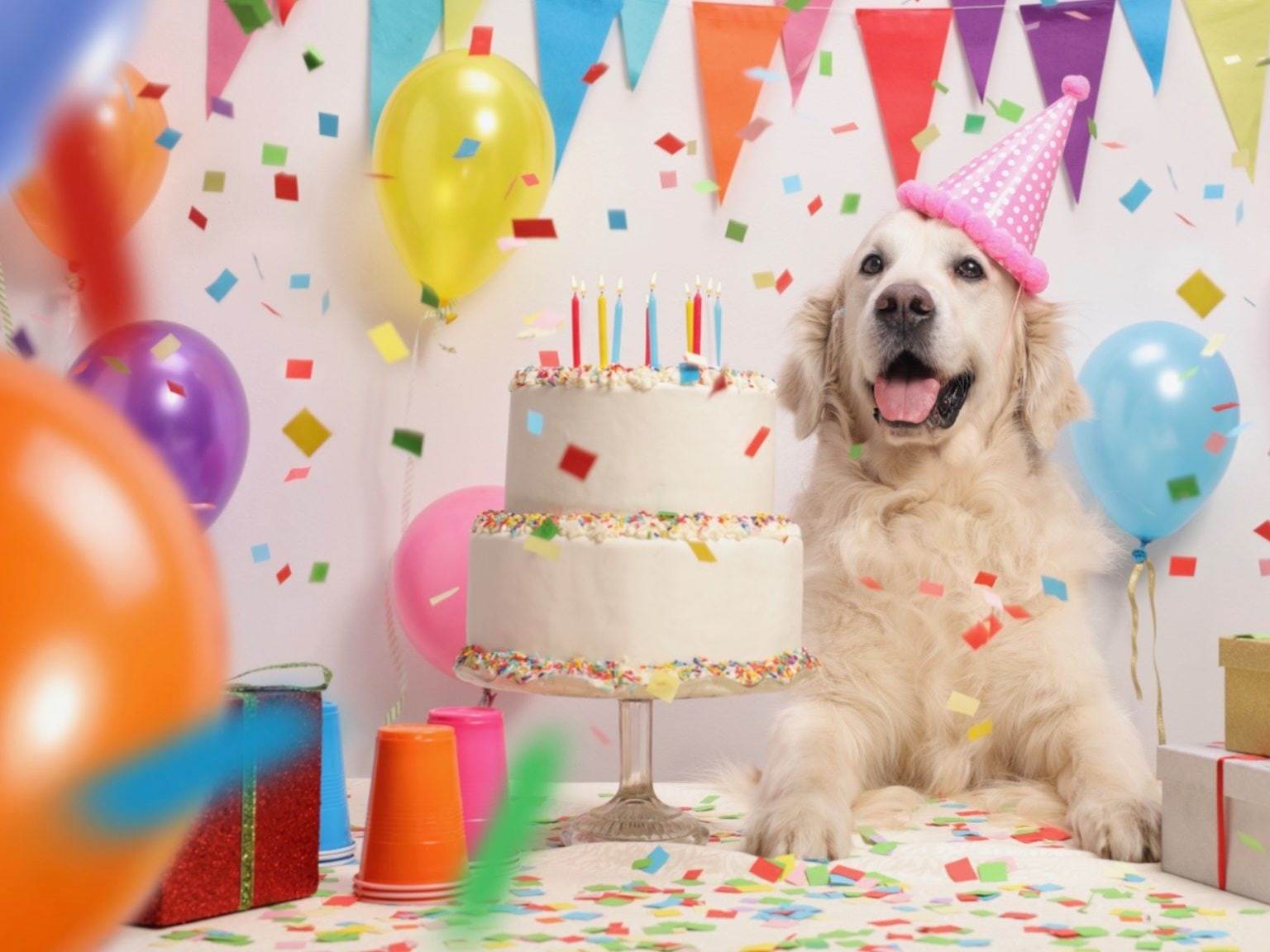No one wants to lose a pet, but inevitably, every fur parent does. I recently lost mine, an adorable and sweet cat named Olivia, and quickly realized that I was dealing with two problems: how to handle the loss of my best friend and figuring out how to justify why I was so sad to the majority of my friends and family. Pet loss is something that we don’t often speak of, yet many of us go through. The goal of this article is to change that.
As a writer, the first thing I do when looking for advice is search for an article that speaks to my problem. I found many on how to handle the loss of my pet. There weren’t as many articles that centered on what to do when your loved ones don’t understand your grief.
So I’m going to take a crack at that here. Because I don’t want to send you to a hotline or online community or support group. Even though you shouldn’t have to, you may need to open your loved one’s eyes. I hope this post helps you do just that, or at least gets you closer than where you started from. Which for me was family and friends simply not acknowledging the loss or sending a quick text message. Some even asked, just a few weeks after my loss, “Why aren’t you better?”
I’ll try to use solid facts and numbers in hopes that they may shed a new light on pet loss for those who are unable to understand why it’s so difficult for animal lovers to endure.
Why are pets so important to us
According to the American Veterinary Medical Association, dogs live in over 43 million households and cats in over 36 million. Almost all of those pet owners, 95% to be exact, say they consider their pets to be a member of the family, The Harris Poll reported. Behaviors that back up that claim include buying gifts or cooking for the fur baby.
An article that reviewed various studies and was published in the journal Society & Animals in 2002, reported that the death of a companion animal can be “just as difficult as losing a human significant other.”
The Journal of Mental Health Counseling conducted a study where they asked a group of dog owners to use symbols to represent their family members, pets, and themselves in a circle. According to The Washington Post, the distance between the subject and symbols was relative to the actual closeness of each relationship. Most of the participants placed their dog closer than many family members. In 38 percent of the cases, the dog was closest, the publication reported.
If those numbers say anything, it’s that pets are important to us. Still, many either don’t want to believe it or are unaware of how to react when someone they know loses a companion animal.
My experiences
I want to share my experiences with you, those who are grieving, so you know you’re not alone. After recently losing my sweet girl, Olivia, who was like a daughter to me and certainly my very best friend, I felt completely broken. I’ve also felt a strain on the relationships with other people in my life based on their reaction and lack of support during this incredibly difficult time.
I lost an integral member of my immediate family who was a huge part of my life for nearly 13 years, and it hurts every single day. She no longer greets me happily at the door when I return home. Olivia is no longer there to eat dinner with. She is no longer there to listen without judgment. She is no longer there.
There are many other things that could be added to that list, but I’ll stop there. All of those things that she gave me, animals give to humans every day. But humans also give these things to other humans. To me, the only difference between a person and a pet is that the pet doesn’t have a voice of its own. But it doesn’t mean that they can’t communicate.
Whether you’re an animal person or not, understand that when a person has suffered a loss, they’ve suffered a loss. Their whole body can feel it. They shouldn’t have to justify their pain, no one should. There is no “hierarchy of grief” and this is not a competition.
Everyone feels pain associated with loss and everyone handles it in their own way. I’m not pretending to know all the answers… I don’t. I’m not saying that I know exactly how to handle everyone’s grief… I don’t. But I do know that the devastation I felt when I lost my Olivia was unbearable. She was my harbor, my safety net, and my heart.
If you’re reading this and you’ve lost a pet, I am so sorry. Or, if you’ve lost anyone, I am so very sorry. If you aren’t getting the support you need, please know that there are people who understand what you’re going through. I just wish there were more of them.
How to help someone who is grieving
This is for those who know someone who is grieving and aren’t sure what to do. Because animal lovers shouldn’t have to seek out and talk exclusively with other animal lovers about their pain. They’ll need their inner circle. If you know someone that’s recently experienced a loss, consider taking the following suggestions. They are the same for pets and people; because the loss is the same, too.
- Show up. Show up for the people in your life! I’ve read that some don’t want to reach out after a loss because they don’t want to feel vulnerable. Well, imagine how vulnerable that person feels after just losing a soul that they loved. Pick up the phone. If you don’t know what to say, simply say that. “Hi Suzy, I don’t know what to say. I’m sorry for your loss.” Boom. You can do that, right? And, no, sending a text that says that is not the same thing.
- Follow your phone call with a card or flowers. Sending a card or flowers is a simple gesture to let the person know that you are thinking of them and that you support them. Don’t know what to say on the card? You can’t go wrong with, “I’m so sorry for your loss. I’m thinking of you.” Cliché, sure, but way better than nothing.
- Offer food. A lot of people tend to say, “Do you need anything?” When asked that, my first thought was, “Well, yeah, I need my cat back…” Of course, I didn’t answer with that. My answer ended up being, “No, I’m okay, thank you.” But I really needed a hundred things, like someone to force me into the shower or tackle the loads of laundry that had built up. But what I really needed was food. When you’re grieving, you’re not hungry but know you have to eat. So, when someone puts food in front of you, you try to do just that. Because cooking for yourself is out of the question. And going to the grocery store, forget it. After my loss, the thing I needed most was pre-prepared food, that way all I had to do was grab it from the fridge and stuff my face. From fridge to face, remember that when cooking or shopping for your friend.
- The grief timeline. Please don’t ever, ever say, “It’s been X amount of time, aren’t you feeling better?” Grief doesn’t have a schedule. What takes one person a month to get over might take another person a year. Let them take all the time they need to heal.
- Try not to compare experiences. Even if your friend lost a cat and you’ve lost a cat, or they lost a dad and you’ve lost your dad, don’t bring your loss up. This is about them, not you. While it can be nice to try and relate to someone with your own experiences, this may not be the time. If they love you, they will feel your pain. Don’t make that person feel worse than they already do. And this person knows you right? They know you’ve had a similar experience and if they want your advice, they’ll ask for it. Until then, probably best to just be there and listen.
- Try not to talk about the life of the deceased. Saying things like, “She had such a beautiful life and you took such good care of her,” may seem helpful, but typically isn’t. Saying those things can make some feel as though your minimizing the loss. And stating, “It will get easier,” doesn’t help either. I can personally say that statements like those did not make me feel better, in fact, they made me feel worse; thinking it will get easier may mean that this person will not be as important to me as they are now and that terrifies me. Now I’ve heard this varies from person to person, so this is the perfect situation for respecting the Platinum Rule. Treat others the way they want to be treated.
- Think about your questions. Follow up with the person to see how they are doing, but try not to ask, “How are you?” It’s open-ended and hard for a grieving person to answer. Instead, ask, “How are you today?” That way, they can easily tell you how they are in that moment and don’t have to think about how they are actually feeling most of the time.
- Try not to cancel. If you make plans with someone who is grieving, do everything you can to keep them. In fact, it may be better to hold off on making the plans unless you are 150% sure that you can follow through. It really hurts more to have someone cancel on you when you’re grieving. What’s worse is that the person could have made plans with someone else during that time and now you’ve left them alone. Being alone when you are grieving is tough. And if the person lives alone… forget it. So try to keep your plans, whatever it takes.
- Announcements and those who are grieving. If possible, keep announcements to yourself until at least a month has passed since the death, preferably longer. Anything new is a lot to comprehend for those who are grieving. Announcements also have the potential to make them feel worse. It’s simply not fair to you or the other person as you’d be depriving them of the real reaction they would have normally had. Understandably, there are some things that can’t be left unsaid, but as far as I’m concerned, most situations can wait until the person is feeling a bit better.
- Good days and bad. Remember that the person will have both good and bad days, especially after they have come out of the acute grief phase, which typically lasts about 6 months. Just because you’ve seen them have a good day doesn’t mean they are okay.
If you have questions about this or need any additional advice, please email me at [email protected]. If you’ve just experienced a loss and no one else is there for you, I am.













